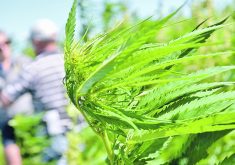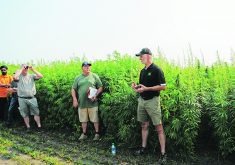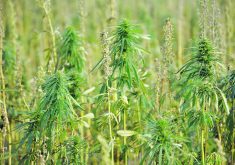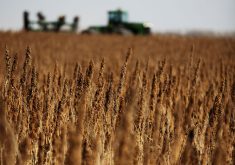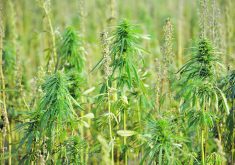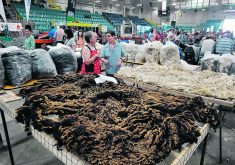Consumers have a wide selection of hemp based food and cosmetics, but regulations and scientific information have not kept up.
Commercial hemp production was not allowed for many years because it was confused with other types of cannabis, and authorities did not want products with high levels of the intoxicant tetrahydrocannabinol (THC), said Daniel Kruse of Hemp International in Germany, which sells seeds, hulled nuts, oil, cosmetics and hemp garments.
Canada lifted its ban in 1998 with a set of regulations on allowable limits of THC. The European Union also allows hemp cultivation, but there are inconsistencies across the region when it comes to THC levels in food products.
Read Also
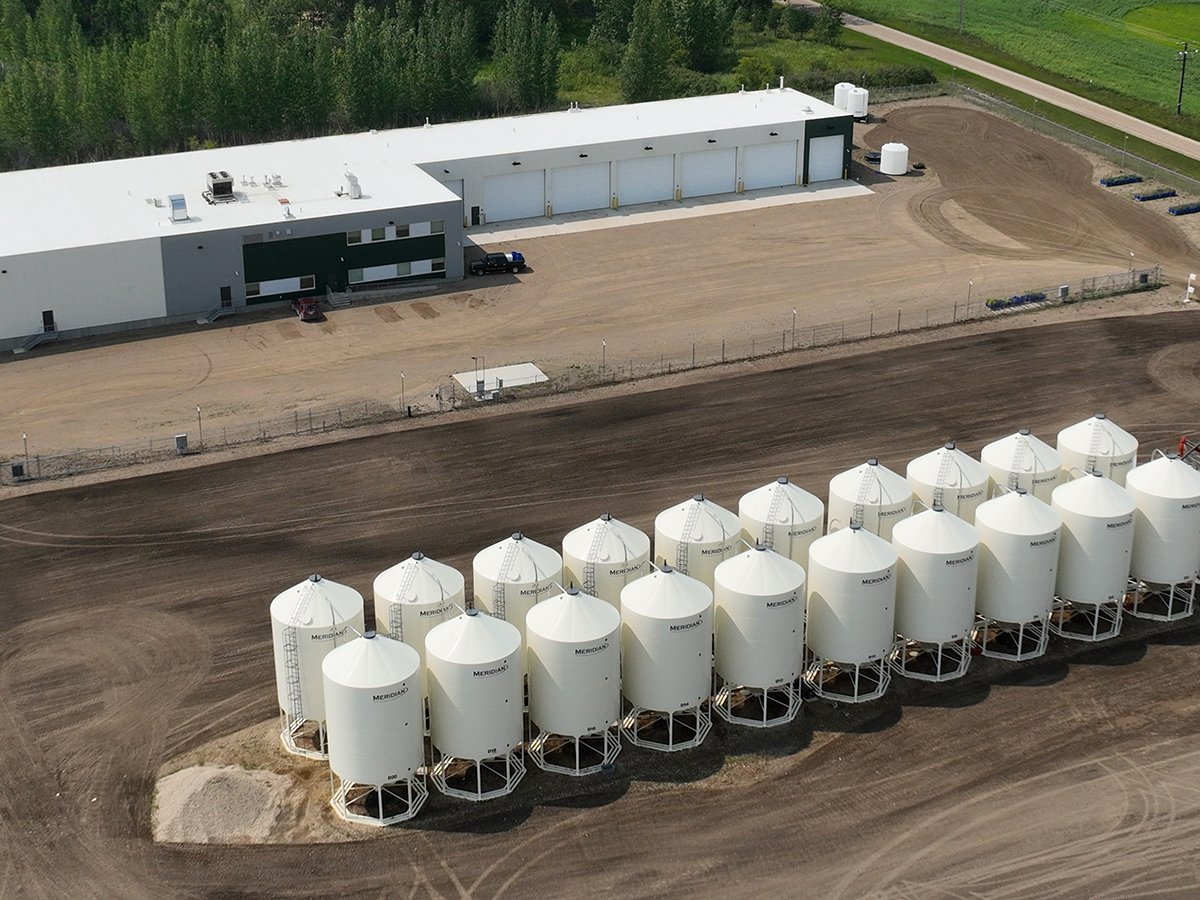
Saskatchewan firm aims to fix soil with compost pellets
In his business, Humaterra, Leon Pratchler is helping farmers maximize yields in the weakest areas of their fields through the use of a compost pellet.
“Of all the European countries, there are only three countries that have seed regulations with limits or guidance,” he told the Canadian Hemp Trade Alliance’s annual meeting held in Calgary Nov. 17-19.
“Everything else is a grey zone, much different from Canada, where it is regulated.”
He said Canada, Switzerland and Germany allow THC levels at 10 parts per million, while countries such as Australia have much lower levels at five p.p.m., which is hard to achieve.
Canadian regulations define hemp as having less than .3 percent THC, which is the primary psychoactive ingredient in marijuana.
Sales of hemp food products such as milk, pasta, bread, beverages and oil are growing. They are considered a healthy alternative with higher levels of fibre, protein and omega 3 and 6 fatty acids.
Kruse’s company recently conducted an international survey in Europe, the United States and Canada to assess market potential to promote hemp as a healthy food.
Respondents said the main market weakness was inconsistent government legislation on allowable THC limits.
They also agreed that more research is needed on safe ingestion of THC that takes into account the variations in people’s diets and the kind of products they consume.




